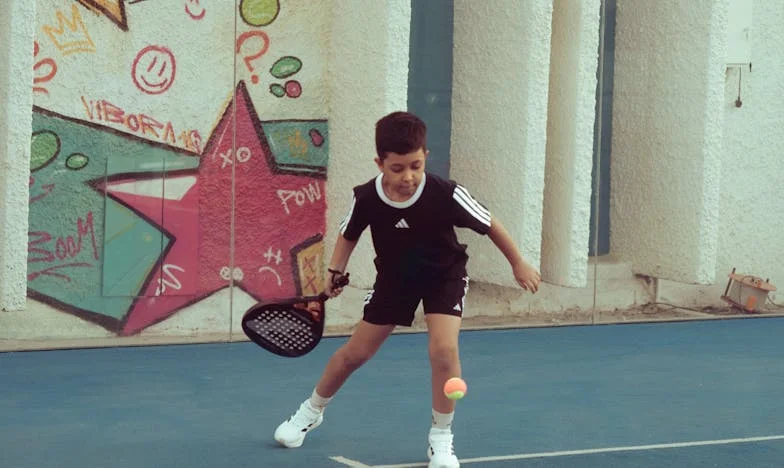The Last Goodbye: A Father’s Story of Loss and Abandonment
“Dad, we just can’t take care of you anymore.”
Those words, sharp and cold, echo in my head even now, months after my daughter Emily said them. I remember clutching the armrest of the couch, my knuckles white, as she sat across from me in our living room—no, her living room now. The silence between us was heavy, broken only by the soft hum of the refrigerator and the distant giggle of my grandson, Tyler, playing in the next room.
I tried to find her eyes, but she was staring at her phone, scrolling, scrolling, as if answering a text was more urgent than this moment. “It’s not fair to Mom,” she added, her voice flat. “She can’t keep lifting you. You nearly fell in the shower last week.”
I wanted to say I was sorry. I wanted to say I never meant to be a problem. But the words stuck in my throat, thick and bitter. I’m seventy-eight. I’ve lived through wars, recessions, the loss of my wife Margaret, but nothing prepared me for this: being told I was too much for my own family.
The next week, they packed my things. Emily tried to make it cheerful, asking me which sweater I wanted to bring, if I wanted to take the photo albums. I watched as she folded my favorite flannel shirt, the one Margaret bought me for Christmas five years ago. I could still smell her perfume on the collar. Emily hesitated over the albums, then put them in a box with a sigh. “You’ll have more time to look at these now, Dad.”
On the drive to the nursing home, Tyler sat in the backseat, headphones on, mouthing the words to a song I didn’t recognize. Emily kept her eyes on the road, her grip on the wheel tight. She tried to make small talk, asking if I remembered our old camping trips, but the words felt hollow, like echoes from a life that no longer belonged to me.
The nursing home was clean, bright, and smelled faintly of bleach. The staff were kind, at least at first, but I could see the exhaustion in their eyes. My new roommate, Mr. Jenkins, spent his days staring out the window, waiting for a son who never came. The halls were filled with people like us—left behind, too much for the world outside.
Days blurred together—meals at set times, medication in little cups, bingo on Thursdays. I tried to make friends, but most of the residents were lost in their own grief. I called Emily every Sunday, but she was always in a rush. “Sorry, Dad, Tyler’s got soccer practice.” Or, “We’ll visit next weekend, promise.”
But the visits became fewer. On my birthday, she sent flowers and a card signed in Tyler’s handwriting. I pressed the card to my chest, trying to remember the last time I’d felt their arms around me. The staff sang happy birthday, and I forced a smile, but I could feel the tears burning behind my eyes.
One night, Mr. Jenkins asked, “Do you think they’ll ever come back?”
I didn’t know what to say. I wanted to believe Emily would remember the father who built her treehouse, who drove her to piano lessons, who sat up with her when she had nightmares. But each day, I felt myself fading from her life—like an old photograph, edges curling, colors fading.
I replayed memories: Margaret’s laughter in the kitchen, Emily’s first steps, our family trips to Lake Michigan. I gave them everything I had. I worked two jobs so Emily could go to college. I stayed up nights with Margaret when the cancer spread. And yet, here I was—alone, waiting for a visit that might never come.
One afternoon, I heard voices in the hallway. For a moment, I hoped—prayed—it was Emily. But it was just a new resident moving in, her children hurrying out as soon as the paperwork was done.
That night, I called Emily again. She answered, sounding distracted. “Dad, can we talk later? Tyler’s got homework and I’m making dinner.”
“Emily,” I said, voice trembling. “Do you ever miss me?”
There was a pause. “Of course I do, Dad. But things are just… hard right now.”
I wanted to scream, to tell her it was hard for me too. But instead, I hung up, my finger lingering on the end call button. I stared at the ceiling, the darkness pressing in, wondering where I went wrong.
Mr. Jenkins died in his sleep a week later. The staff wheeled his things away before breakfast. No one came to collect his photos, his books, his memories. I watched the empty bed and thought, will that be me? Will anyone remember I was here?
One sunny afternoon, a volunteer named Sarah sat with me in the garden. She listened as I told her about Margaret, about Emily, about the life I used to have. She squeezed my hand and said, “You mattered to them, Paul. You still do. Sometimes, people just don’t know how to show it.”
I wanted to believe her. I wanted to believe that somewhere, deep down, Emily still loved me. But as I watched the other residents sitting alone, staring at the gates, I wondered if we were all just waiting—for forgiveness, for a visit, for a second chance.
Was I really so hard to love in the end? Did I ask for too much—just a little kindness, a little company? Or is this what we become to our children, eventually: a burden to be carried, then set aside?
Can anyone tell me: when did love become so easy to forget?
